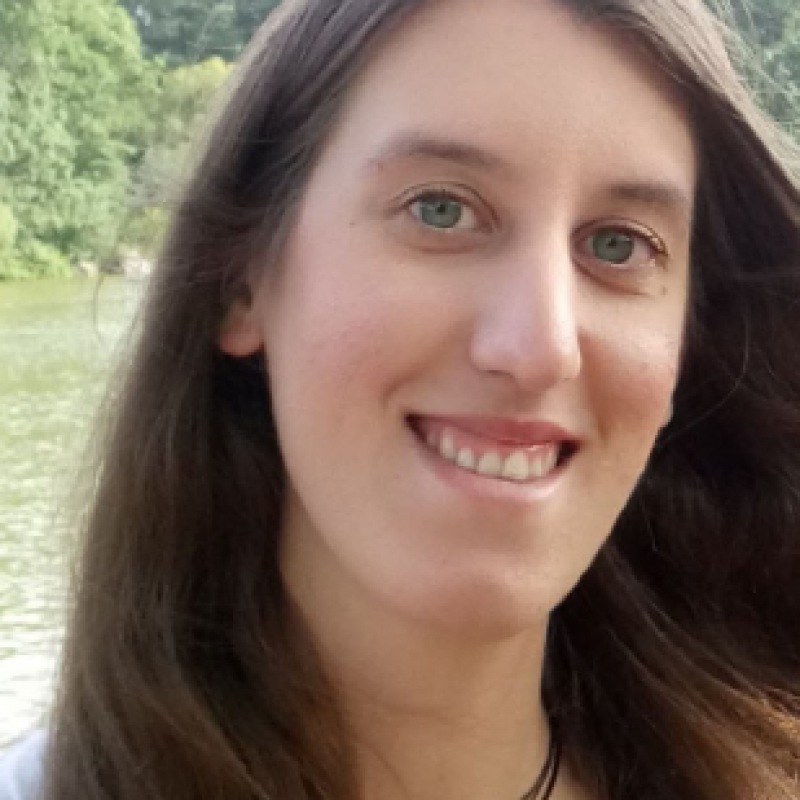We hear a lot about climate change, air pollution and how man has contributed to the decline of air quality. But how can we control and/or limit these harmful for the environment and our health activities?
Eleni Dovrou, a PhD candidate at Harvard University in the United States, chose to study the answer to this very question and spoke to us about her research. Aquatic atmospheric chemistry is an area that has not been thoroughly explored. The main focus of her study is how atmospheric pollutants are created and what impact they have on our health. Eleni works on the mechanisms of compound formation as this is significantly influenced by the presence of sulfuric and organic compounds. The oxidative reactions that occur in the cloud droplets determine the amount of sulfates to be produced and therefore the composition of the particles created by evaporation of the clouds. At the same time, the degree of rain acidity depends directly on the amount of sulfate produced. Therefore, there is an urgent need to study the mechanisms and kinetic reactions of these compounds through oxidative reactions from complex organic peroxides. These peroxides are not available on the market as they are highly volatile and are synthesized in a laboratory. Also, these reactions can lead to the rapid production of sulfates and hence particles with a high concentration of these compounds. The size and composition of the particles can greatly affect human health as they enter the human body through the respiratory system. Eleni aims to develop methods of separating the sulfates present in the particles in order to understand and possibly contribute to the prevention of adverse health effects. Ultimately, her results will be applicable for management legislation to industries producing such pollutants.
Regarding her daily life as a female researcher in Atmospheric Chemistry she told us that although the field is basically male-dominated, she has not encountered any sexist behavior. However, she stresses: “There is a certain feeling that I need to work harder to show my worth.” Her daily routine includes many hours in the lab, scientific meetings, data analysis and training, as she also parrticipates in volleyball championships. But why should a young woman choose research as a career? Helen replies: “What I love most about research is exploration, offering and acquiring knowledge, meeting scientists and traveling around the world with the opportunity of conferences.”

RELATED ARTICLES
CONTACT US
____________
greekwomeninstem@gmail.com
Do you have ideas, questions, comments or special requests?
Would you like to highlight your research project or nominate a researcher that you would like to learn more about?
Please write to our email or fill out the form and hit “send”. We will be happy to talk with you!
[contact-form-7 id=”44″ title=”Contact form 1″]
